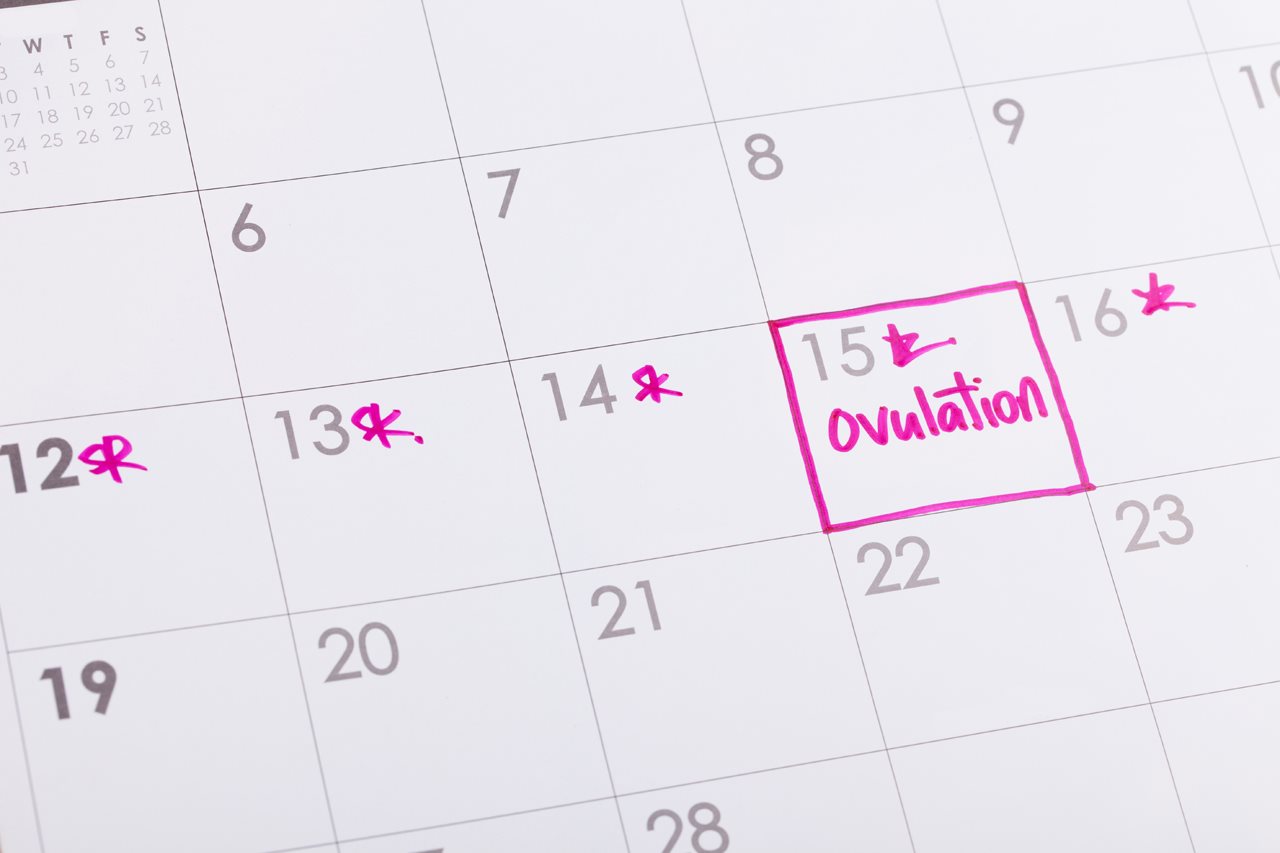(BPT) - If you're having trouble getting or staying pregnant, know that you're not alone. In honor of National Infertility Awareness Week, CCRM Fertility — a global pioneer in fertility treatment, science, and research — is empowering prospective parents with information to help positively impact their future. Here are five fertility-related culprits that could be the reason you’re not getting pregnant.
1. Age-related infertility

While many women are delaying starting a family to focus on their careers, education, and finding the perfect partner, it's a biological fact that as women age, their egg quantity and quality decreases. Board certified Reproductive Endocrinologist Dr. Dorette Noorhasan of CCRM Fertility explains, as a woman ages, she is more likely to have aneuploid (chromosomally abnormal) embryos, which are unlikely to implant in the uterus or they will result in miscarriage or chromosomal disorders.
At the age of 25, 75% of a woman’s eggs are chromosomally normal. At 35 years of age, about 50% of a woman’s eggs are chromosomally normal. By the time a woman reaches 40, about 10-15% of her eggs are chromosomally normal.
The good news is that there are effective treatment options for women with age-related infertility, including in vitro fertilization (IVF) with preimplantation genetic testing. Additionally, a recent clinical study by CCRM Fertility found that women 39 and older who took CCRM Acai antioxidant supplement prior to treatment had comparable IVF outcomes to their younger counterparts, demonstrating its positive effects on aging-associated decline in fertility.
2. Male factor

Oftentimes, women are quick to blame themselves when they’re struggling to conceive. However, about half of all infertility cases are attributed to the male partner. A variety of factors can impact a man’s fertility, including blockages that prevent the delivery of sperm, poor sperm production, and abnormal sperm function.
Lifestyle factors can also impact fertility, so Dr. Noorhasan recommends that men who are trying to conceive avoid smoking tobacco, limit alcohol consumption and maintain a healthy weight and get adequate sleep.
3. Endometriosis

The spotlight on endometriosis grows as more celebrities, like Chrissy Teigen and Amy Schumer, speak out about their personal battles. The painful disease often goes undiagnosed but affects one in ten women of reproductive age. Endometriosis is a disease where endometrial tissue is found outside the uterus, which can result in severe pain and it may impact fertility.
“Endometriosis is an inflammatory condition that can affect egg quality, as well as tubal function, making natural conception less likely,” explains Dr. Noorhasan. “Fortunately, treatment options are available for women with endometriosis who want to get pregnant and include ovulation induction with clomiphene citrate, letrozole, or gonadotropins, IUI and IVF.”
4. Ovulation disorders

In order for pregnancy to occur, the ovary needs to release a mature egg and travel down the fallopian tube where it can be fertilized. Sometimes women don’t ovulate regularly or at all (also known as anovulation). Irregular ovulation is quite common and about one quarter of infertility cases are due to ovulation disorders.
Polycystic ovarian syndrome (PCOS) is one of the most common disorders impacting ovulation. Other causes of ovulation disorders include hormonal imbalances, obesity, low body weight or premature ovarian failure.
“Treatment for ovulation disorders depends on the cause. In some instances, lifestyle changes and medications can improve ovulation, while other women may need IVF to help conceive,” says Dr. Noorhasan.
5. Unexplained infertility

When a patient first meets with a fertility doctor, they will undergo a full work-up with comprehensive testing to help determine the cause of infertility. In about 15% of cases, the tests come back normal and the cause of infertility is unknown.
“An unexplained infertility diagnosis can be devastating and incredibility frustrating to hear, but just because you might not have a definitive answer on why you might be experiencing infertility does not mean you can’t get help or treatment,” shared Dr. Noorhasan. Many couples diagnosed with unexplained infertility will achieve pregnancy through fertility treatments, such as medications combined with IUI (intrauterine insemination) or IVF.
When to get help
If you're 35 years or older and have been trying for at least six months or if you're younger than 35 and have been trying for at least one year without success, Dr. Noorhasan recommends meeting with a fertility specialist.
“Infertility is very common, affecting one in eight U.S. couples,” explains Dr. Noorhasan. “Neither women nor men should blame themselves if they are diagnosed with infertility. Rather, it should empower anyone to take control and make informed decisions as you embark on your path to parenthood.”
